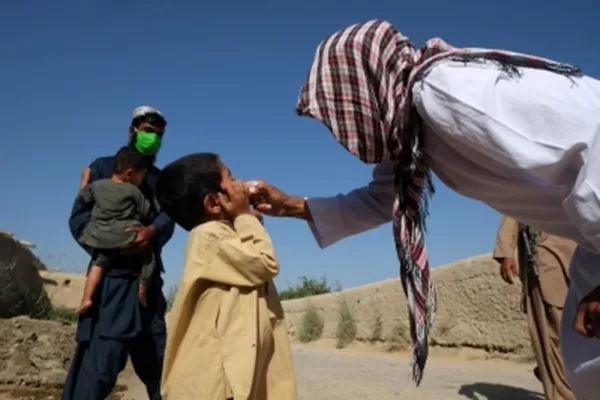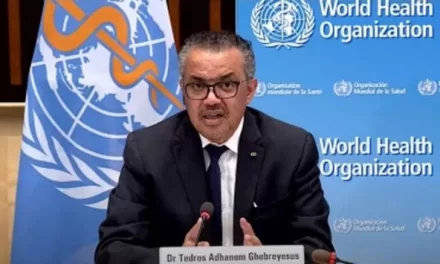In a concerning development for public health, the poliovirus has been detected in environmental samples from across Pakistan, marking the first widespread detection of the virus in 2025. Sewage samples collected between January 6 and 15 have tested positive for poliovirus in 26 districts throughout the country, according to ARY News.
The virus was found in several districts, with 15 in Sindh, five in Khyber Pakhtunkhwa, and three each in Balochistan and Punjab. The confirmation of wild poliovirus type 1 (WPV1) in these sewage samples has raised alarms about the potential spread of the virus within the environment, increasing the urgency for vaccination efforts nationwide.
In 2024, Pakistan faced a significant setback in its fight against polio, with 73 reported cases and over 480 sewage samples testing positive for the virus. This recent resurgence, particularly in regions like Mirpurkhas, Thatta, and Naushahro Feroze in Sindh, highlights the ongoing challenges in eradicating polio in the country. Further confirmation from environmental samples collected on December 23 and 24, 2024, reinforces the virus’s continued presence.
Additionally, a wild poliovirus case was reported by the National Institute of Health’s Regional Reference Laboratory for Polio Eradication, involving a female child in Dera Ismail Khan. The child, whose symptoms appeared on December 31, 2024, adds to the growing list of concerns.
Polio is a highly infectious disease that can lead to permanent paralysis or even death. The most effective way to protect children from this debilitating disease is through the consistent administration of the oral polio vaccine (OPV), which provides long-term immunity. The reemergence of poliovirus underscores the critical need for continued vaccination campaigns to protect Pakistan’s children and ensure polio is eradicated once and for all.
Disclaimer: This article is based on information provided by ARY News and other available sources as of February 2025. The status of the situation is subject to change, and the public is urged to consult local health authorities for the most current information and guidance on vaccination campaigns.












